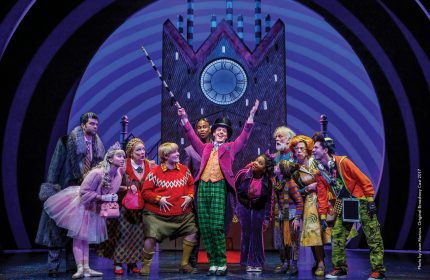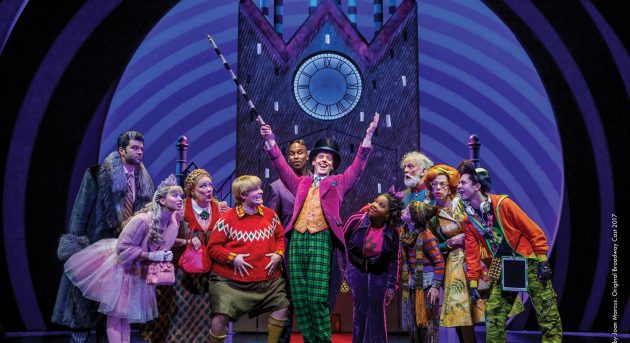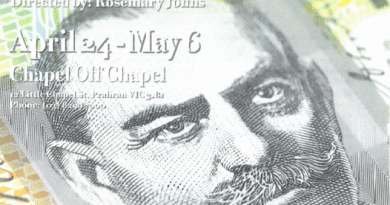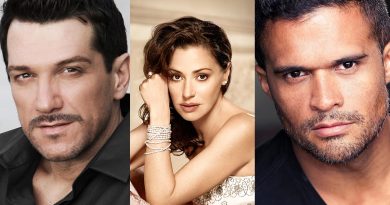The many Wonkas of Charlie and the Chocolate Factory
The Charlie and the Chocolate Factory musical is finally coming to Australia. Premiering in London’s West End at Theatre Royal Drury Lane in June 2013, Charlie and the Chocolate Factory ran for 1,293 days until January 2017. Broadway picked it up soon after, with the musical opening at the Lunt-Fontanne Theatre in April 2017. It closed in January of this year.

Following the lead of London and New York, Sydney’s Capital Theatre will host Charlie and the Chocolate Factory in January 2019. Auditions have already taken place for the major and ensemble roles, and it’s only a matter of time until we find out who’s playing the coveted part of Willy Wonka.
Written by the ingenious Roald Dahl in 1964, Charlie and the Chocolate Factory has been adapted into films, video games, an opera, a radio drama and musicals. It has even been used as the basis for a ride in the Alton Towers theme park in Britain. Dahl’s book has made its way into every part of our popular culture.
Of those, the film adaptations have probably resonated the most. Depending on when you were born, Gene Wilder or Johnny Depp could well be the definitive Wonka to your mind. For me it’s Gene Wilder, who gave an intriguing, eccentric and at times emotionally-involving performance as Wonka in the 1971 film. I found Depp’s treatment of the character too wacky and coldly distant to displace Wilder’s performance from my mind.
Having said that, Charlie and the Chocolate Factory’s foray into the musical theatre world offers great opportunities. It means we get to see new, exciting performers step into the role of Wonka, who bring a different set of skills to the character.
There’s already been four different Wonkas on stage: Douglas Hodge, Alex Jennings and Jonathan Slinger donned the purple costume in the West End Production, while Christian Borle played the character on Broadway.
No doubt, some level of consistency between the British Wonkas was necessary. As Jennings replaced Hodge, and Slinger replaced Jennings, certain staging and timing decisions were surely maintained to ensure the show’s direction didn’t have to be markedly altered. The performers coming in to play Wonka probably had to adapt to pre-existing direction. Not the other way around.
With such a varied role as Wonka though it’d be criminal if the performers didn’t inflect it with their own personal vision. After all, the character is hard to pin down. Sometimes he’s a mentor and role-model for Charlie; other times he’s dismissive and fearsome.
It seems to me that they all brought something different to Wonka, with Hodge, Jennings and Slinger applying their own touches and emphases to mould the character. Hodge revels in Wonka’s eccentric personality, whereas Jennings embraces the good-natured side of the character. Slinger’s performance combines these two traits well.
Then there’s also Borle, who played Wonka for its entire Broadway run. Noted for being darker than its West End predecessor, Borle’s performance as Wonka is out of step with the show’s overall tone. He’s playful and charming, stamping his own authority on the role. The comedic parts, fit around its dramatic pieces, are some of the strongest of the musical.
https://www.youtube.com/watch?v=WX4nAn0RAeM
Right now, we can only guess who will get the part in the Australian version of Charlie and the Chocolate Factory. Whoever does will add to Wonka’s towering legacy, subtly changing and interpreting the character’s nature. What’s most exciting is that we can’t anticipate how Wonka will be played. We’ll just have to wait and see.





Is “Charlie ” coming to Brisbane? Pleeeeeeease!